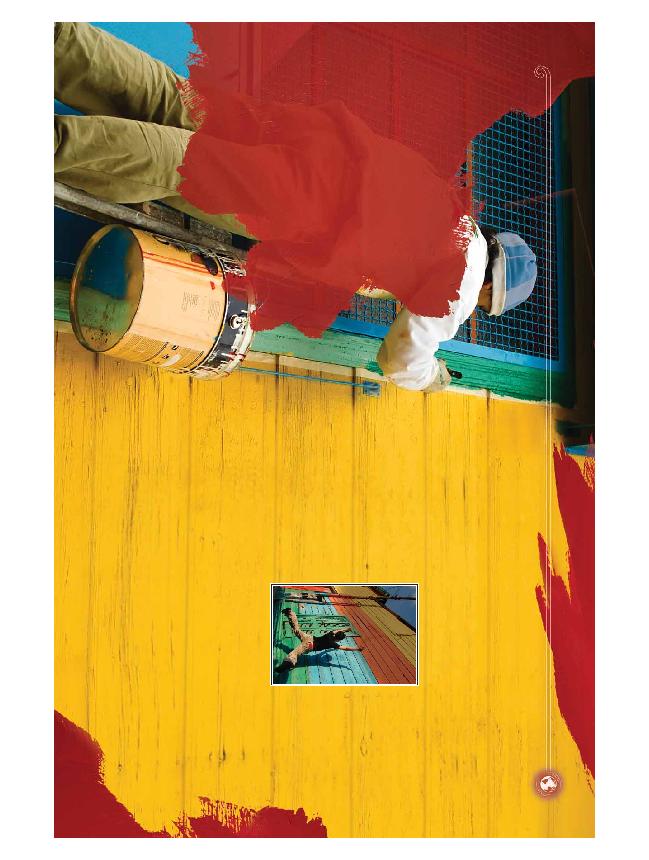
a law offering compensation to the owners
of that property; if they accepted, the
squatters would take ownership of those
parcels. A number of owners agreed, but
others did not, so only some of the squatters
received title to their land.
land and those who did not? wondered
Sebastián Galiani, professor of economics.
A specialist in development economics,
particularly dedicated to the evaluation of
public policies adopted by developing
countries, Galiani launched a long-term
study of the two squatter groups.
human capital of their children," says
Galiani, who has worked as a consultant
for the World Bank, the Inter-American
Development Bank, the United Nations
and governments of South and Central
American countries, among others. "They
had smaller family sizes and their children
had a much higher secondary school
completion rate. So land titling can be an
important tool for poverty reduction."
career with international implications.
He received bachelor's and master's degrees
from universities in Argentina, his native
country, then earned a Ph.D. in economics
from Oxford University. After graduation,
he returned to Argentina to join the faculties
of the Universidad Torcuato Di Tella
and Universidad de San Andrés, though
he left to take visiting professorships at
several American universities, including
Washington University.
building up its faculty and course offerings,
particularly in applied development. For
a long time, Galiani's own work had been
influenced by the work of Nobel laureate
Douglass North, Spencer T. Olin Professor
in Arts & Sciences, on the role that institu-
tions play in economic development.
improving housing conditions for the
poor. In one recently released study, he
looked at the results of a housing
improvement program in Mexico that
replaced dirt floors with cement flooring
in the homes of some poor people.
markets; one had taken part in the
flooring program five years earlier, while
the other two had not. Working closely
with the National Institute of Health in
Mexico, he collected data on the children
in these households and interviewed
family members. Then he analyzed the
American Economic Journal and titled,
"Housing, Health, and Happiness." In the
houses with cement flooring, the children
had fewer parasites, less diarrhea or anemia
and improved overall health. The houses
were much cleaner. And mothers, too,
were happier, reporting much less stress.
involves three Latin American countries --
El Salvador, Uruguay and Peru -- in which
a Christian organization has built homes
for the poor. But do these modest homes,
located in shantytowns, improve people's
lives in the long run? Or do they encourage
people to stay in the same area, mired in
poverty, when they might otherwise have left?
government program that gives away
grocery money to the poor. The shoppers
are limited to certain stores -- which
quickly raise their prices, knowing they
have a captive clientele. Will adding new
stores to the mix improve the pricing
problem -- or will these new stores also
victimize the needy?
for his advice. He and research colleagues
also conduct courses at universities around
the world. Altogether, his work is very
satisfying, he says, both intellectually and
personally.
need answers," he says. "I hope my work
may help governments and poor countries
to adopt better policies."